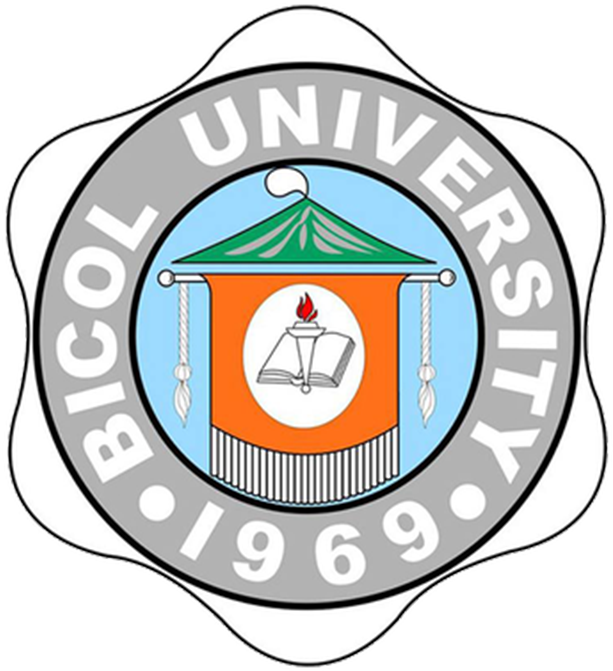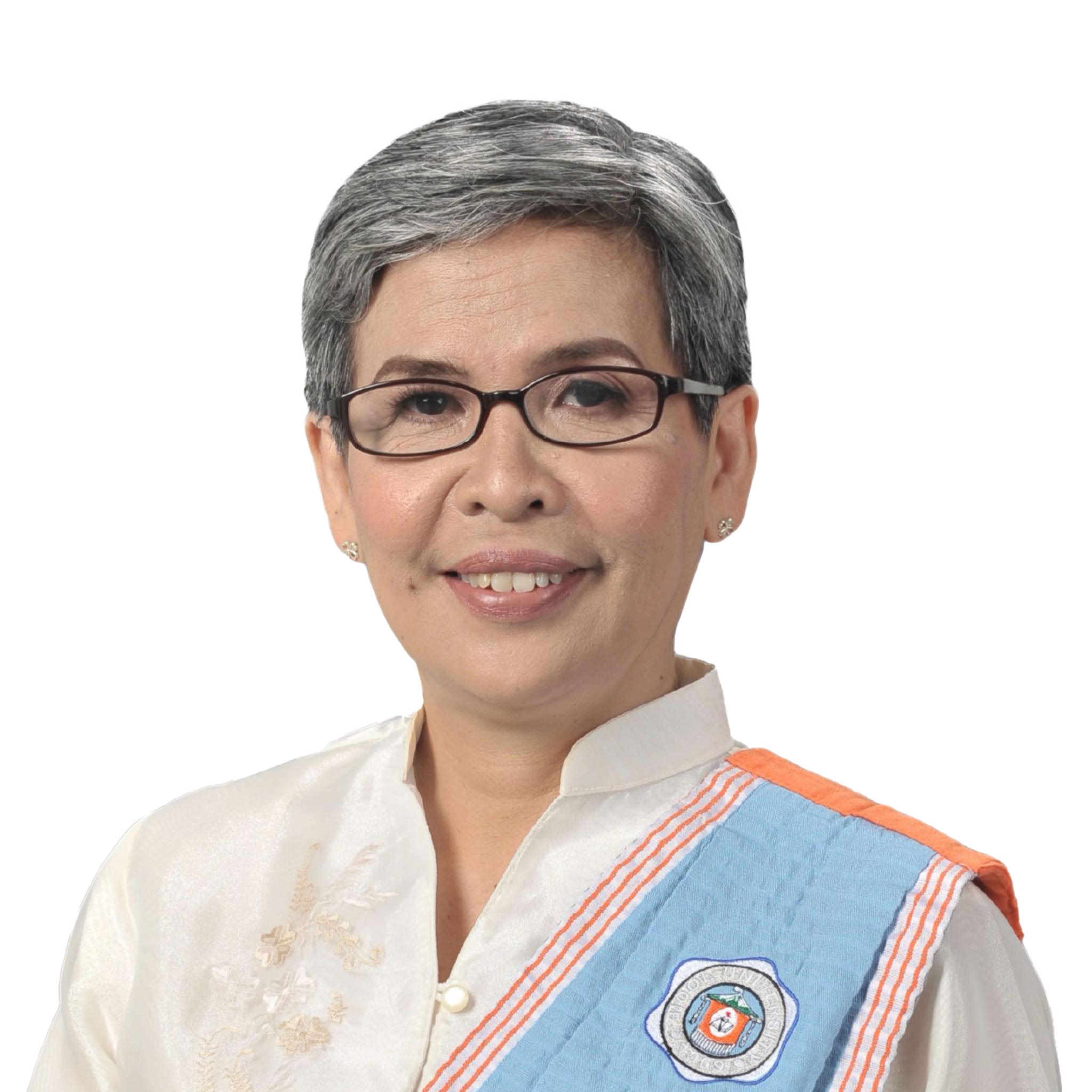
Regional Center for Science and Mathematics Education Development
MAGNOLIA VIDA A. CANO, PhD
RCSMED Director
ANNOUNCEMENTS
The En Banc TPE Review of Proposal, organized and conducted by the Technical and Ethics Review Department, is hereby scheduled to take place on June 5, 2025.
About Us
The Bicol University – Regional Center for Science and Mathematics Education Development (BU-RCSMED) was established on June 29, 2016, through Board of Regents Resolution No. 94, series of 2016. It was created to sustain and broaden the mission of the former Regional Science Teaching Center, an initiative of the National Science Development Board (now DOST) dedicated to strengthening science and mathematics teaching and learning in the Bicol Region.
Operating under the Office of the Vice President for Research, Development, and Extension, BU-RCSMED is committed to advancing quality science and mathematics education through:
- Capacity-building of educators
- Instructional materials development
- Research and knowledge generation
- STEM promotion
- Outreach programs
These initiatives are carried out in close collaboration with academic units, educational institutions, government agencies, and other partners, serving educators, learners, and stakeholders in both formal and nonformal education settings.
The Center recognizes that quality science and mathematics education is the cornerstone of a scientifically literate and progressive society. By empowering educators through continuous professional development, promoting excellence and inclusivity in learning, and fostering collaboration among stakeholders, we contribute to nurturing a generation of problem-solvers, critical thinkers, and responsible citizens. Guided by excellence, integrity, collaboration, and service, we commit to making science and mathematics education relevant for all.
We envision a scientifically literate and progressive Bicol Region, empowered by future-ready educators and learners equipped with the skills, knowledge, and values to thrive in a rapidly changing world.
Functions
- Provide continuing education programs to upgrade the professional knowledge, skills, practices, and attributes of science and mathematics educators
- Design and develop curriculum and instructional materials that address institutional and regional development concerns and challenges
- Conduct STEM promotion and outreach activities to promote science and mathematics literacy
- Conduct and support significant RDE activities for the generation of knowledge and evidence-based reforms
- Engage in institutional collaboration for the enhancement of science and mathematics education in the region
- Review university RDE undertakings under the disciplinal coverage of the Center
Vision and Mission
Vision Statement
A leading center in science and mathematics education development, cultivating a passion for learning, fostering critical and creative thinking, and nurturing integrity and responsible stewardship among students, educators, and the broader community.
Mission Statement
Advance science and mathematics education through programs that empower educators and learners through capacity building, curriculum support, and relevant research and extension initiatives in a culture of excellence, integrity, collaboration, and service.
Sections
- Continuing Education and Extension Section (CEES)
This section serves as the extension arm of the Center, dedicated to empowering educators, students, and institutions through targeted capacity-building initiatives and STEM promotion programs. It advances lifelong learning through formal and nonformal strategies, expanding the reach and impact of the Center’s mission to schools and communities.
CEES is responsible for developing proposals and implementing projects on teacher capacity building, STEM promotion, and outreach activities.
- STEM Education Research and Innovation Section (SERIS)
SERIS serves as the Center’s innovation and knowledge-generation arm. It is dedicated to conducting research on the STEM education needs of the region that will drive the development of innovative models and strategies that enhance teaching and learning. SERiS ensures that the Center’s programs are well-founded, relevant, effective and sustainable.
SERDS is in charge of crafting research proposals, facilitating reviews, and monitoring STEM education research.
- Operations and Knowledge Management Section (OKMS)
The OKMS ensures the smooth and efficient functioning of the Center by managing procurement, finance, records, human resources, facilities, and general services. It also oversees the Center’s knowledge management by capturing, organizing and keeping the Center’s knowledge safe and useful, ensuring information is accessible and applied to support continuous improvement.
Organizational Chart
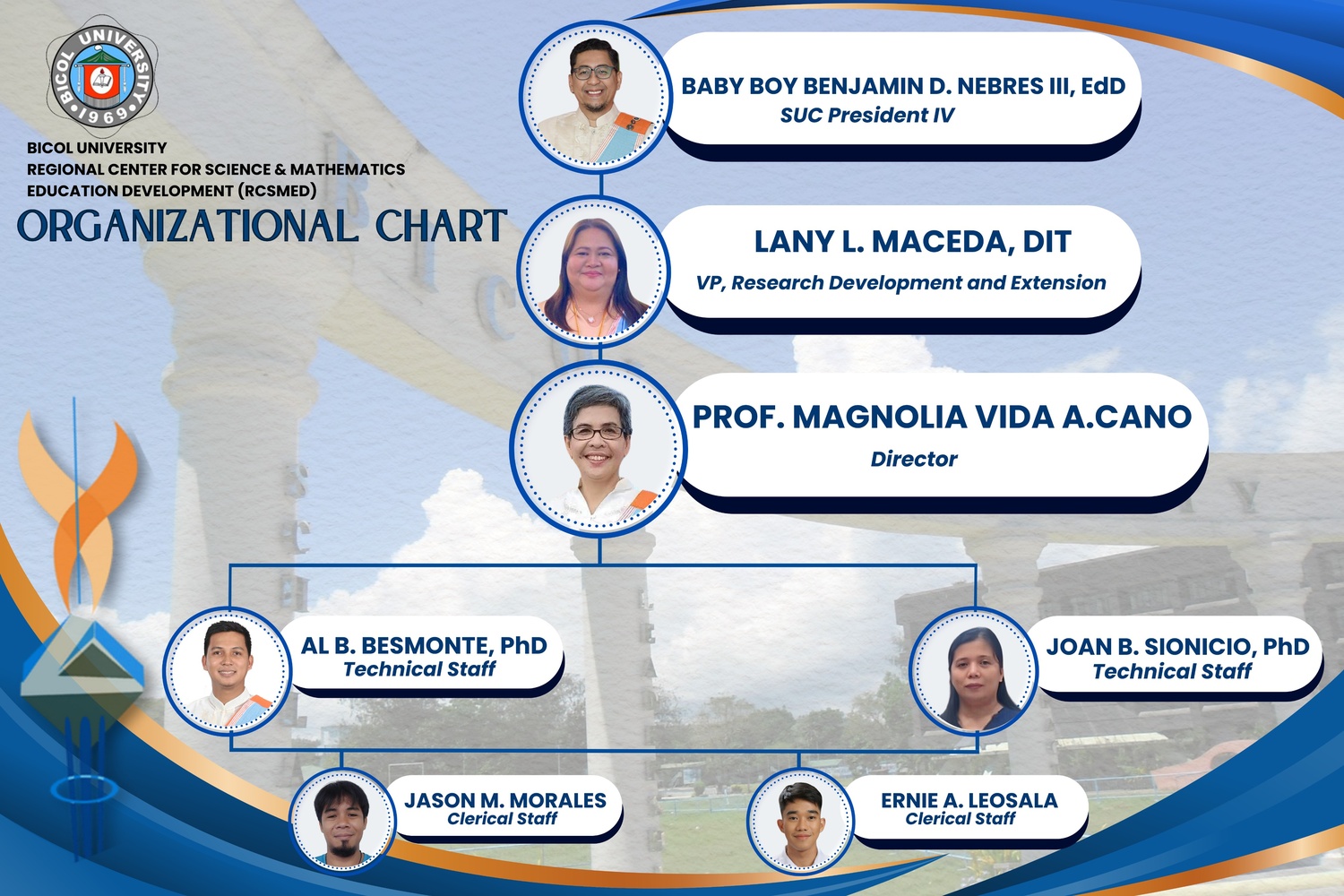
Programs and Projects
- Continuing Education Program
The Center implements continuing education initiatives for both preservice and in-service teachers aimed at enhancing educators’ STEM content and pedagogical practices. Activities are delivered either through face-to-face, blended, or remote modalities and cater to teachers at the elementary and secondary levels. Activities include workshops, lectures, and other forms of professional learning sessions.
- Content Enhancement in Science and Mathematics.
Trainings are offered in core science areas – biology, physics, chemistry, and earth science and in key mathematics domains – numbers and number sense, measurement and geometry, statistics and probability, and calculus. Offerings include Short Term Courses in Science and Mathematics, and Content Enhancement Training in Science and Mathematics for Inservice and Preservice Teachers. The Center also conducts Chem Talks, a capacity building project in partnership with the BU College of Science Department of Chemistry.
- Pedagogical Capacity Building. In addition to content-focused programs that integrate instructional strategies, the Center also offers specialized workshops aimed at enhancing pedagogical skills. These include training activities such as the Lecture-Workshop in Teaching Chemistry and the Workshop in Teaching Earth Science.
The Center also hosts Project STAR, an initiative of the Department of Science and Technology – Science Education Institute (DOST-SEI) aimed to develop a pool of competent and innovative science and mathematics teachers. Implemented in partnership with the university, as in other regions across the country, Project STAR provides innovative professional development opportunities for teachers. The Center conducts these activities in collaboration with the members of the Project STAR team from the College of Science and the College of Education.
The Center actively builds partnerships with schools and divisions to broaden its reach and impact. A notable initiative is its ongoing collaboration with DepEd SDO Legazpi through the Teacher Assistance Project (TAP) in Science and Mathematics, which provides targeted support and capacity-building opportunities for teachers. The Center also recently forged partnership with DepEd SDO Masbate and Dr. Joel Aquino, an expert geologist and educator on the conduct of the Workshop in Teaching Earth Science.
In response to requests from schools, the Center also extends technical assistance to both teachers and student through expert guidance and specialized supprt
- Research and Development Program
The Center spearheads initiatives that drive innovation and offer solutions to pressing challenges in science and mathematics education in the region. These efforts include assessments, the development of resources, and the translation of evidence-based findings into practical innovations that enhance STEM teaching and learning.
Over the past years, the Center has undertaken studies such as: Challenges and Opportunities for K to 12 in Science and Mathematics Education in the New Normal,
Assessment and Content Enhancement in Science and Mathematics for Preservice Teachers and innovations on instructional materials and teaching strategies.
The Center also actively builds the capacity of university faculty through specialized workshops on conducting and publishing quality research in science and mathematics education. Past activities include workshops on Research in Science and Mathematics Education, Action Research and Publishing, Research Proposal Preparation, Qualitative Analysis, and recently on Rasch Analysis for Instrument Development.
Through these programs, the Center fosters a culture of research, innovation, and collaboration to contribute meaningfully to the advancement of STEM education.
- STEM Promotion Program
The STEM Promotion program is dedicated to activities that build interest and foster appreciation for STEM among students, schools, and communities. Through engaging activities, competitions, advocacy initiatives, and outreach events, the program seeks to inspire future scientists, innovators, and problem solvers, while highlighting the role of STEM in everyday life and in a progressive society.
Each year, the Center organizes competitions such as the Regional Chemistry Olympiad (RCO) and the Philippine Earth Science Olympiad (PESO), providing platforms for students to demonstrate their skills, deepen their knowledge, and strive for excellence. These events not only sharpen their skills but also nurture a passion for science and mathematics, inspiring them to consider careers in STEM.
The Center also hosts creative competitions such as science-themed poster-making contests to encourage artistic expression while reinforcing scientific ideas.
The program champions diversity in STEM through a Gender and Development (GAD) initiative, the Women in STEAM Forum, which celebrates the achievements of women in science and related fields. This event features inspiring stories and career insights, designed to encourage young learners to explore STEM pathways.
The STEM Promotion program also aims to promote public awareness and advocacy by making STEM more visible and relatable for learners and communities.
- STEM Outreach Program
The STEM Outreach Program aims to broaden access for learners and communities by providing engaging, practical, and meaningful learning experiences in Science and Mathematics.
To cultivate early interest in STEM, the Center brings the Outreach Program in Science and Mathematics to children in elementary schools. These provides them activities that spark their curiosity and deepen their appreciation of STEM in everyday life.
By connecting learners, educators, and the wider public through meaningful and inclusive STEM experiences, the program plays a vital role in shaping an inspired and empowered community.
Key Program Concerns
- Capacity Building
Enhance the capability of science and mathematics educators in STEM teaching and research
- Advocacy
Promote STEM careers and raise public awareness of science for everyday life, its vital role in national development and its potential to address local and global challenges
- Linkages
Partner with academic units to conduct research and extension work
Forge partnerships with educational institutions, agencies, industries, LGUs, and experts to advance science and math education
- Research Proposal Review
Conduct review of faculty research proposals within the disciplinal coverage of the Center
- Technical Assistance
Provide support to schools and students requesting expert service
Resources
*Coming Soon*
Reports
July 28-29, 2025 at New Blossoms Travelers Hauz, Tagas, Daraga, Albay.
The BU-RCSMED remains committed to strengthening the capabilities of science and mathematics educators in conducting high-quality research. This focused writeshop gathered selected faculty members from the science and mathematics education programs of the BU College of Education, BU Polangui, and BU Tabaco, together with faculty from RCSMED and the College of Science, to deepen their expertise in instrument development
Dr. Sherwin E. Balbuena, Associate Professor at Dr. Emilio B. Espinosa Sr. Memorial State College of Agriculture and Technology (DEBESMSCAT), Masbate, served as the resource speaker. Dr. Balbuena, a graduate of MS Statistics from the University of the Philippines, Los Baños, shared valuable insights on instrument development through Rasch Analysis—a powerful tool to enhance the reliability and validity of research instruments.
This initiative underscores BU-RCSMED’s dedication to capacitating science and mathematics researchers, empowering them to make meaningful contributions to the academic and scientific community.
Let’s continue raising the bar for research excellence at BU!
#SDG4#RaschAnalysis#BicolUniversity#ResearchCapacity#Science#Mathematics
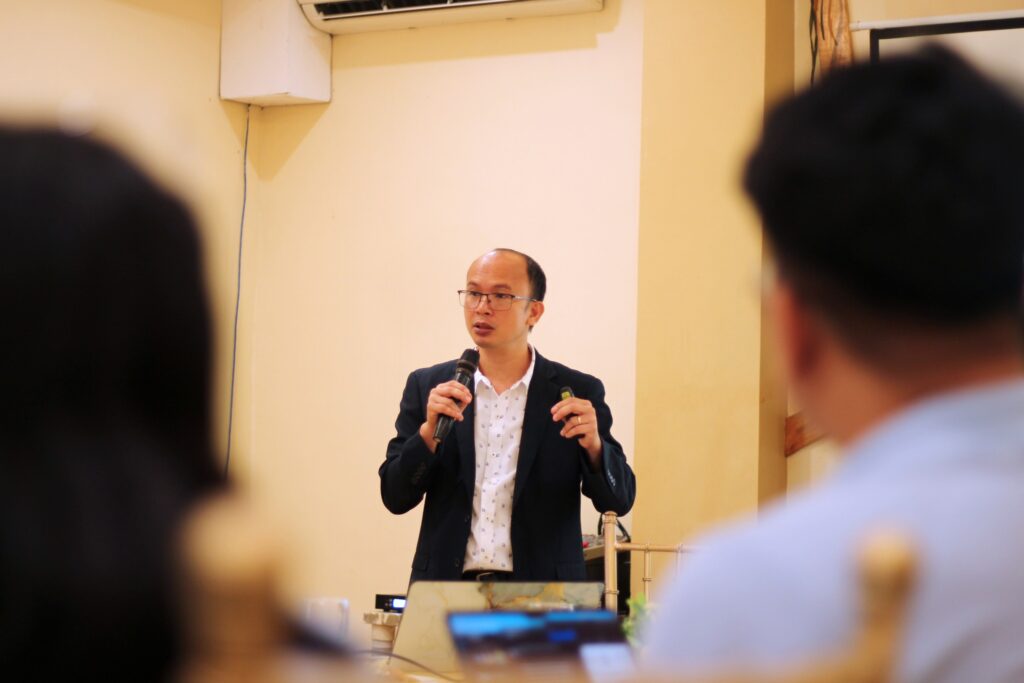
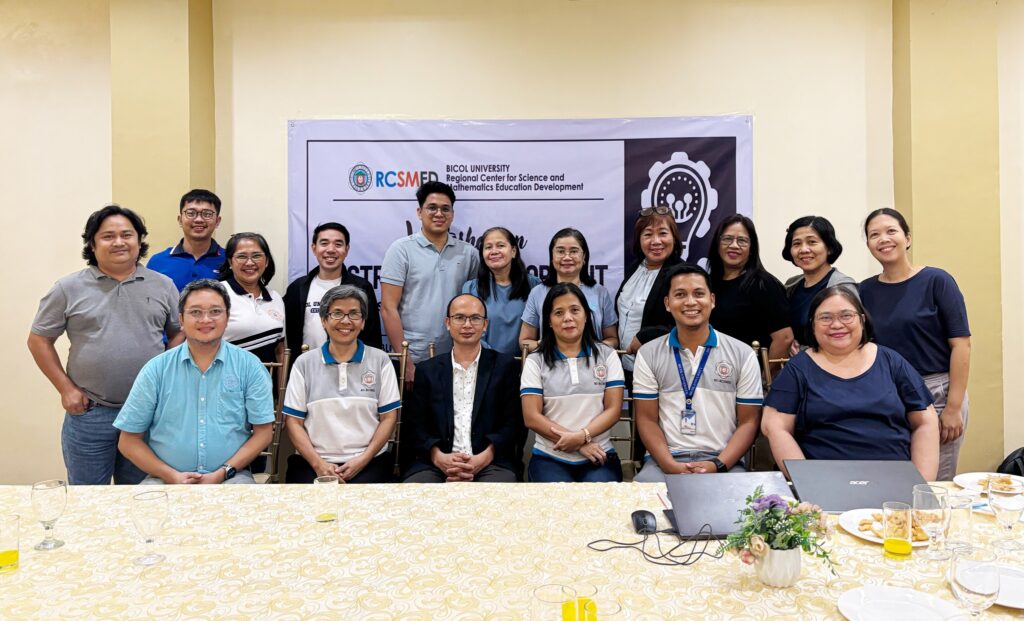
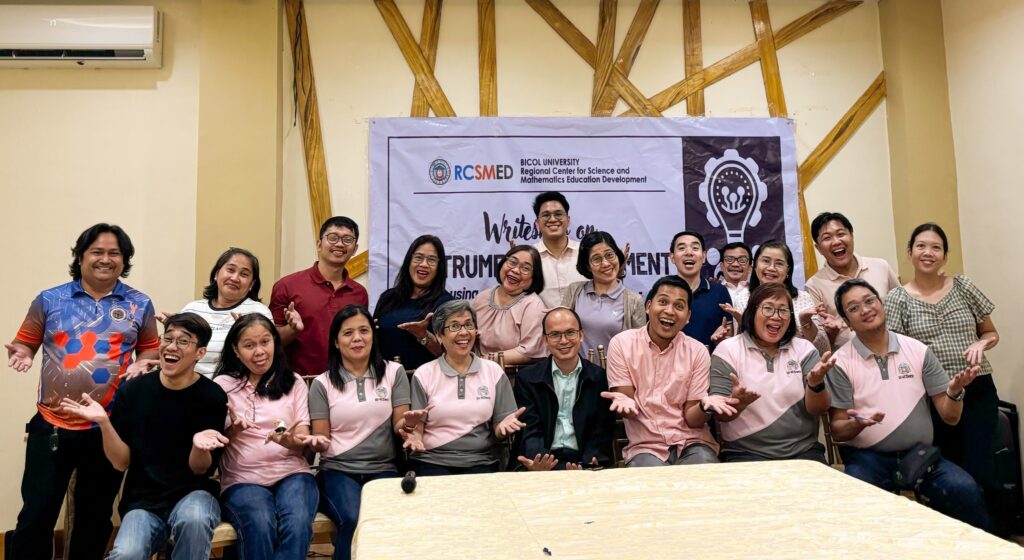
Contact Us

